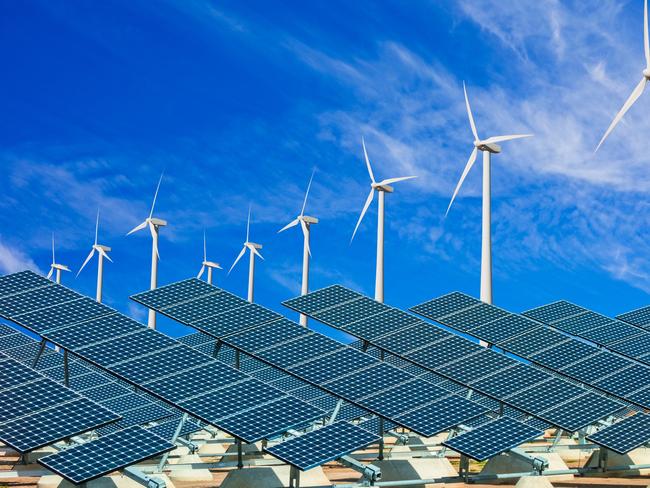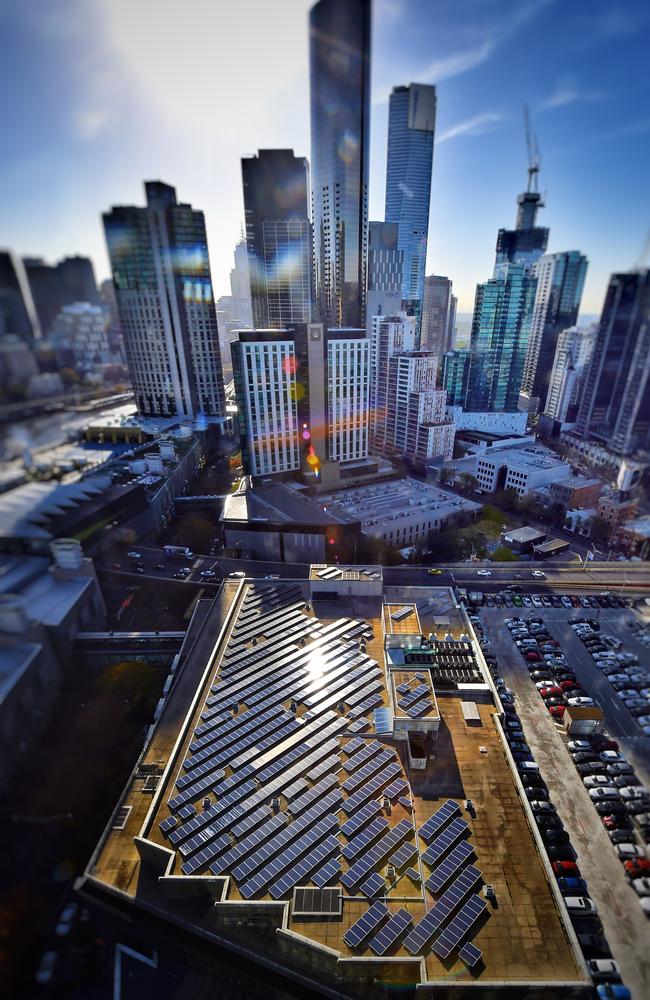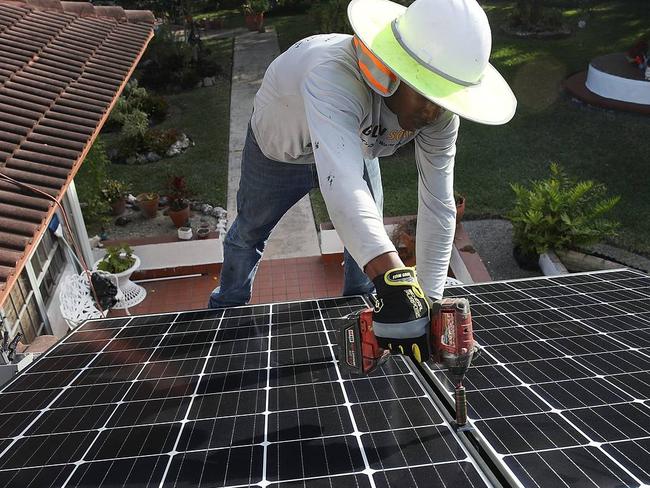Next-generation power solution is ‘to give consumers stake in electricity grid’
Australians deserve to have a financial stake in their utilities which would allow them to earn money off energy they sold back to the grid, according to the Open Cities Alliance.
NSW
Don't miss out on the headlines from NSW. Followed categories will be added to My News.
A NEW national body is keen to give power to the people by pushing for Aussie families to take a stake in infrastructure and even earn money selling energy back into the grid.
The Open Cities Alliance has called for the establishment of decentralised “next generation” infrastructure such as recycled water and waste, solar, batteries, open telcos and shared data networks.

It said “urgent and essential” reform was needed to help outdated, control-centralised infrastructure move into a 21st century data-led economy — putting downward pressure on the cost of living in the process.
The body has today called for policy framework and planning targets to lock in next-gen smart solutions for energy, mobility, waste and water in all new homes and commercial buildings.
MORE:
Save with our special power deal
High energy costs are hurting the Australian economy
Former Committee for Sydney chief executive and Open Cities Alliance chairman professor Tim Williams said the top-down utility model was “unsustainable” with families and businesses struggling to afford skyrocketing bills.
He said next-gen solutions would drive jobs and growth by allowing residents and businesses to own infrastructure and reap the financial benefits.

“Too many Australians are feeling powerless about the growth they see around them — having ownership of local infrastructure will allow them more than just a say, it will give them a stake,” he said.
“Generating and selling free energy from the sun, recycling water and waste and avoiding the second largest household expense of a car by sharing mobility are just some of the trillion-dollar benefits of a circular economy Australians could also be sharing in.”
Open Cities chief executive officer Lisa McLean said record numbers of residents and businesses were already investing in solar energy.
“Instead of spending all this money — billions of dollars in last century infrastructure — we actually need to be giving it to people so they can make their precincts, homes and communities self-sufficient and resilient,” she said.

Ms McLean said a priority was to prepare the grid for “precinct local generation”.
“If we’re going to be putting in local networks that can connect to the grid, we need the grid to be able to take back the energy they’re producing and send it along,” she said.
Prof Williams said the “prosumer” — people who are producers as well as consumers — should not be underestimated.
“People don’t just have to take stuff off the grid, they can provide stuff to the grid,” he said. “The current approach … is failing to deliver.”
